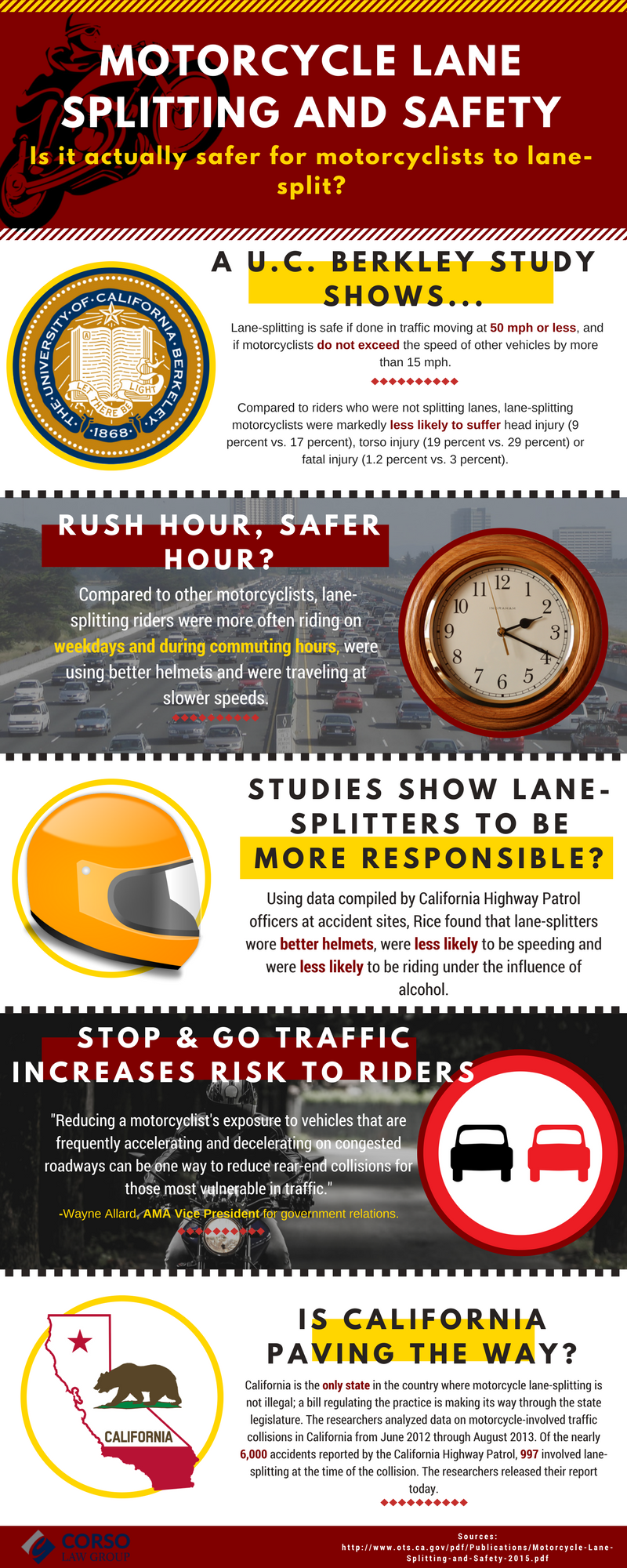If you’ve had your license suspended by the Arizona Motor Vehicle Department (MVD), there are specific steps you must take to reinstate it and regain your driving privileges. If you attempt to drive without clearing up your suspension, you could face additional penalties and consequences, including an extended suspension period.
Contact our Arizona suspended license attorney to discuss your legal options. Schedule a free consultation today.
Wait for Your License Suspension Period to End
You cannot reinstate your driver’s license until your suspension period has ended. The length of this period will depend on your offense and may range from 30 days to one year or longer. Learn the reason for the suspension and the amount of time your license will be suspended or revoked. Then, wait for this time to pass without operating a motor vehicle or committing other offenses.
You may need to wait longer than your suspension period to reapply if you were convicted of any traffic violations in Arizona within the last 12 months. The MVD will not accept any applications for license reinstatement until another 12 months have passed since the date of the violation.
Fulfill Other Terms of Your License Suspension
If your license was suspended as part of a larger case against you, you may need to meet other requirements before you are eligible for reinstatement. This can include paying a fine or ticket, completing Traffic Survival School, showing proof of insurance, or having an ignition interlock device installed in your vehicle.
You may need to obtain written consent from the court if your driver’s license was suspended as a result of a judgment filed against you in court, such as a civil lawsuit for a motor vehicle accident, or if you have any traffic complaints or violations against you. The consent must indicate that you satisfied the terms of your judgment or court requirements before you can proceed with license reinstatement.
Complete the Required Paperwork
Once you are eligible to reinstate your license, download or print and fill out the MVD’s Revocation Application. You must provide complete answers to all questions and leave no spaces blank; the MVD will return any incomplete applications. Be sure to sign and date the bottom.
If your license was suspended for failure to pay a fine or appear in court, you will need to contact the court listed on your suspension notice to request a Court Abstract form or a Court Clearance receipt. You must bring this document to an MVD office along with your application for reinstatement.
Submit the Forms and Pay the Reinstatement Fee
If the MVD already has your picture on file, you can submit your forms and the filing fees online at AZMVDNow.gov. You can also mail in your form and payment to:
Mail Drop 530M
Driver Improvement Unit
Motor Vehicle Division
PO Box 2100
Phoenix, AZ 85001-2100
If there is no digital photo on file, you must apply in person. Bring the application, the application fee, and the suspension fee to an appointment at the nearest MVD driver’s license office. Note that your reinstatement fee may be increased from $10 to $50 if your license was suspended due to Admin Per Se (the implied consent law).
Wait for Approval
Once your revocation application is submitted to the MVD, you must wait until you receive word that it has been approved before getting behind the wheel of a motor vehicle. Your driving privilege will remain suspended until the MVD approves your application. You can monitor the status of your driver’s license suspension by creating an account on AZMVDNow.gov.






